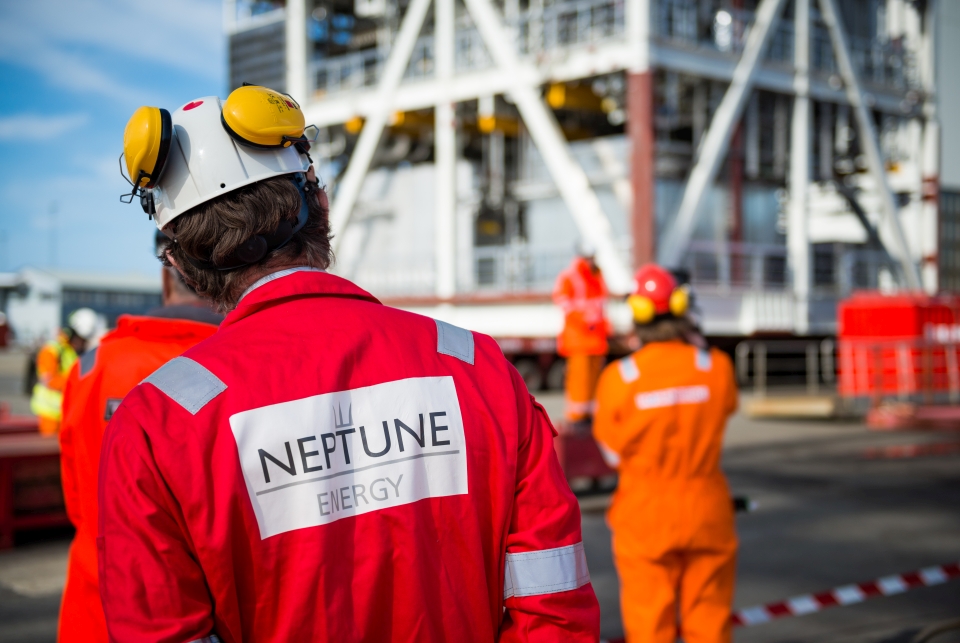Horisont Energi and Neptune Energy have signed a Memorandum of Understanding (MoU) with energy major E.ON to develop a European carbon capture and storage (CCS) value chain. The MoU includes project financing, funding, and the development of a complete value chain for CO2 handling.
If Horisont Energi‘s and Neptune Energy’s application for CO2 storage for the Errai project is awarded, the intention is that this will be the first joint project.
‘A partnership with energy major E.ON will strengthen our ambition to establish Norway’s first commercial carbon storage project,’ says Neptune Energy’s managing director in UK & Norway, Odin Estensen. ‘This could be a key contributor to Neptune’s 2030 goal of storing more carbon than is emitted from our operations and from use of the oil and gas products we sell.’
Also read: Neptune Energy finds partners for L10 carbon capture and storage project in the North Sea
First commercial CO2 storage project in Norway
Errai is the first commercial CO2 storage project in Norway and could have a major impact on the development of the carbon market in Europe. The Errai project is planned with an injection capacity of 4-8 million tonnes of CO2 annually in the first development phase, with potential for more in later phases.
The project includes an onshore terminal for intermediate CO2 storage and processing, prior to transport for permanent storage in an offshore reservoir. As a part of the work to further develop the project, Horisont Energi has obtained a long-term lease option for a site suitable for a CO2 terminal at Gismarvik in Rogaland.
The Errai project was initiated by Horisont Energi in 2021. In December 2022, Horisont Energi and Neptune Energy submitted a joint application for the acreage identified in the Errai project. In the application, Neptune Energy has been proposed as operator. The announcement of license award or not for Errai to the applicants is expected in the first half of 2023.
Also read: Neptune plans to capture CO2 in depleted Dutch North Sea gas fields
Several industries dependent on CCS
Bringing in E.ON will strongly contribute to linking CO2 projects on the Norwegian Continental Shelf (NCS) with development of the CO2 removal market in Europe. Pending legislative changes, the cooperation could furthermore lead the way for commercial carbon removal market based on sequestration of biogenic CO2.
Several industries cannot be fully electrified and will therefore depend on CCS to meet net zero emissions requirements and the fulfilment of the 1.5-degree target by 2050. Such industries are situated across Europe and include production of steel, cement, various chemicals, pulp, and paper. A full CCS value-chain will bring a one-stop-shop for off-take of CO2 and permanent storage in safe sub-sea reservoirs.
Picture by Neptune Energy.
Also read: Neptune Energy: Dutch energy security at risk without investment allowance








